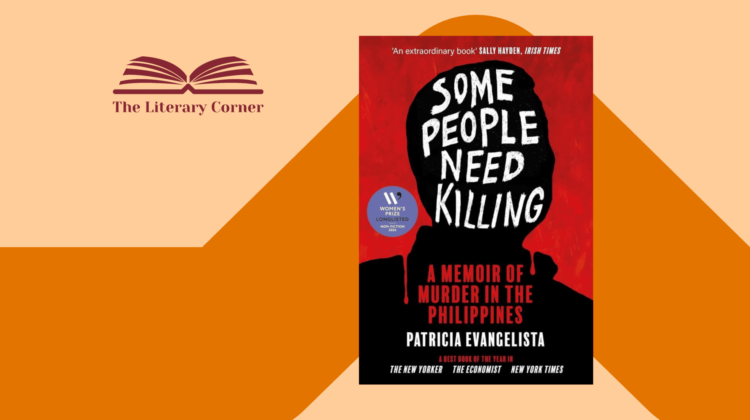
Some People Need Killing
Title: Some People Need Killing
Authors: Patricia Evangelista
In an era where the sanctity of human life is increasingly under debate, Patricia Evangelista’s “Some People Need Killing” emerges as a harrowing yet essential exploration of the drug war in the Philippines. Evangelista, a seasoned journalist, offers a deeply human chronicle that traverses the complex landscape of a country grappling with the consequences of its choices in leadership and policy.
The book’s narrative is rooted in Evangelista’s personal journey, beginning with her formative years in the wake of the Philippines’ street revolution. This backdrop serves as a poignant reminder of the nation’s fragile democratic institutions, which would later be tested under the regime of strongman Rodrigo Duterte. Evangelista’s account is both a personal and national coming-of-age story, one that delves into the heart of darkness that ensues when a society acquiesces to the notion that some lives are expendable.
Evangelista’s role as an observer of death places her in the unique position of being both a chronicler and a mourner. Her prose is meticulous, weaving through the lives touched by the drug war—both the perpetrators and the victims—while never losing sight of the humanity within each story. The narrative is immersive, drawing the reader into the atmosphere of fear that pervades a nation under the shadow of state-sanctioned violence.
The title of the book, “Some People Need Killing,” reflects the chilling justification offered by one vigilante, encapsulating the moral and psychological gymnastics that have become a part of the national consciousness. Evangelista does not shy away from the complexity of these justifications, instead, she presents them as a mirror to the society that has, in many ways, endorsed these actions through silence or complicity.
What sets this work apart is Evangelista’s ability to dissect the grammar of violence with the precision of a linguist and the insight of a psychologist. She delves into the human impulses to dominate and resist, offering not just a narrative of events, but a deeper understanding of the forces that drive them. The book is a tour de force of literary journalism, blending rigorous reporting with a narrative style that is both compelling and empathetic.
“Some People Need Killing” is not just a record of the drug war in the Philippines; it is an indictment of the ease with which society can be led to accept the unacceptable. It challenges the reader to question the value of a human life and the price of silence in the face of injustice. Evangelista’s work is a profound act of witness, offering a glimpse into the abyss while holding onto the hope that by remembering, society might find its way back to the light.
As a contender for the Women’s Prize for Non-Fiction, this book stands as a testament to the power of storytelling to confront uncomfortable truths and to foster empathy and understanding. Evangelista’s voice is an important one, offering a beacon of truth in an era of uncertainty. “Some People Need Killing” is a must-read for anyone seeking to understand the complexities of human nature, the fragility of democracy, and the enduring quest for justice.
Author: The Editorial Team
